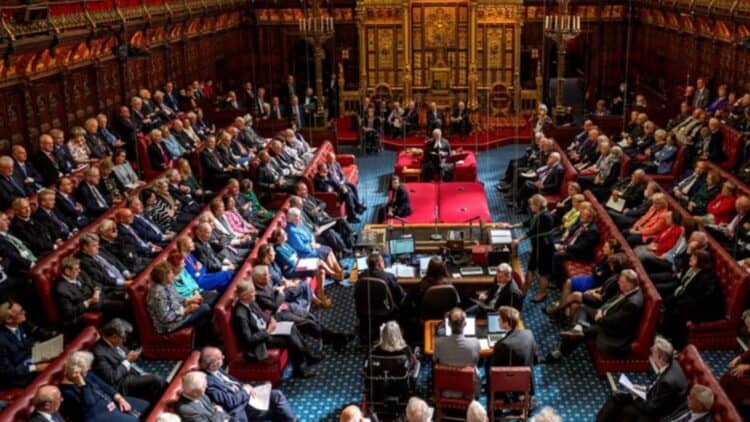The House of Lords is bracing for a lively debate this week as moves to phase out hereditary peers take centre stage. With the Hereditary Peers Bill making it through the Commons by an overwhelming majority of 435 to 73, the upper house is now gearing up for a heated second reading.
End of an Era or Just the Beginning?
Labour’s manifesto pledge to “modernise” the Lords is now in full swing. Proposals include scrapping the centuries-old right for hereditary peers to sit in the upper house and introducing a mandatory retirement age of 80 for all members.
But while the Commons gave the bill a clear green light, Wednesday’s debate is expected to face more resistance. A total of 92 peers have signed up to speak, including 24 hereditary members—many of whom aren’t going down without a fight.
Redundancy Pay for Peers?
According to The Times, one hereditary peer has already asked if they’ll receive redundancy pay when the axe falls. Whether it’s a genuine query or an attempt to highlight the absurdity of the situation, it’s certainly raised a few eyebrows.
Meanwhile, some peers are reportedly engaging in “guerrilla warfare,” using procedural tricks like de-grouping amendments to slow down the government’s legislative agenda.
A Glimpse of Bigger Changes to Come?
If Labour successfully navigates this reform through the Lords, it could set the stage for even bigger changes. Sir Keir Starmer has previously promised to abolish the chamber in its current form, replacing it with an elected “assembly of the nations and regions.”
The government is taking a gradual approach, with the next step likely to be mandatory retirement for peers aged 80 and above—a move that could trim the chamber’s numbers significantly.
One of the Largest Chambers in the World
With 805 members, the House of Lords is currently the second-largest parliamentary chamber globally, dwarfed only by China’s National People’s Congress. Reducing its size—and shaking up its structure—could be a welcome change for many, though it’s unlikely to go down smoothly with those affected.
The Takeaway
As the debate heats up, one thing’s certain: the era of unelected aristocrats sitting in Parliament is looking increasingly fragile. Whether the government’s proposals will sail through or face stubborn opposition, we might soon see the House of Lords begin its long-overdue makeover—or at least hear a lot more creative arguments from peers trying to save their seats.
You may also like: Lee Anderson clashes with BBC after HIGNFY joke hits a nerve







